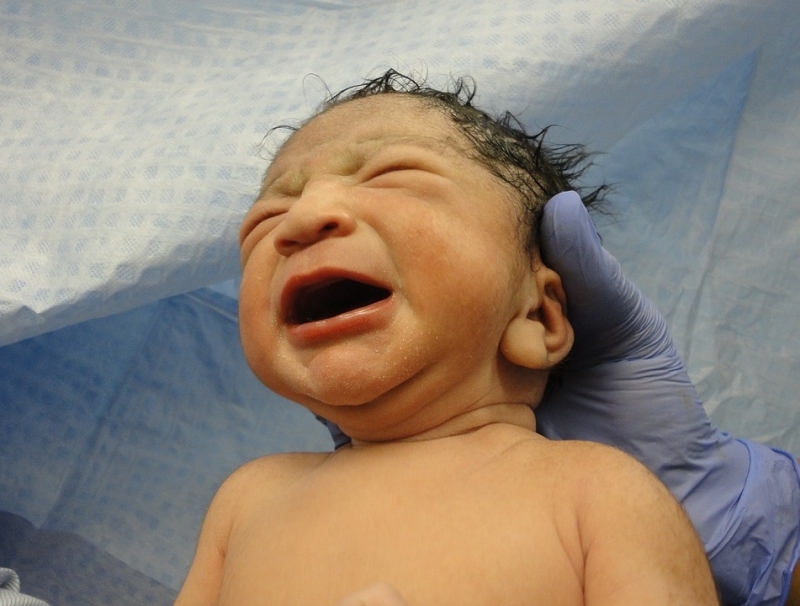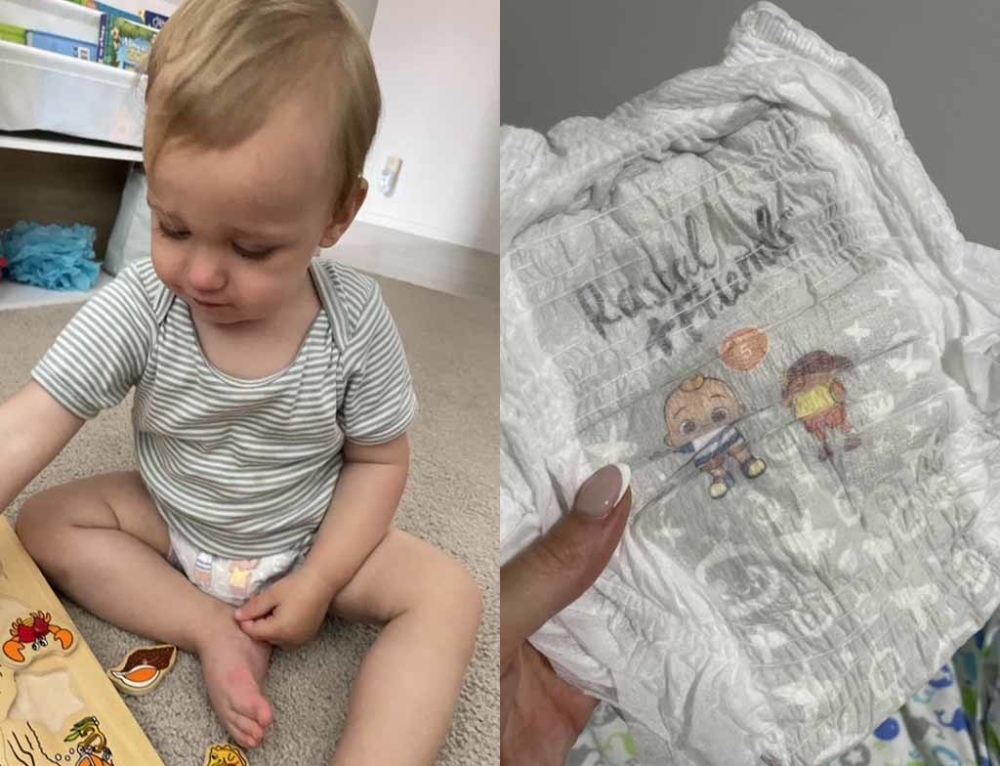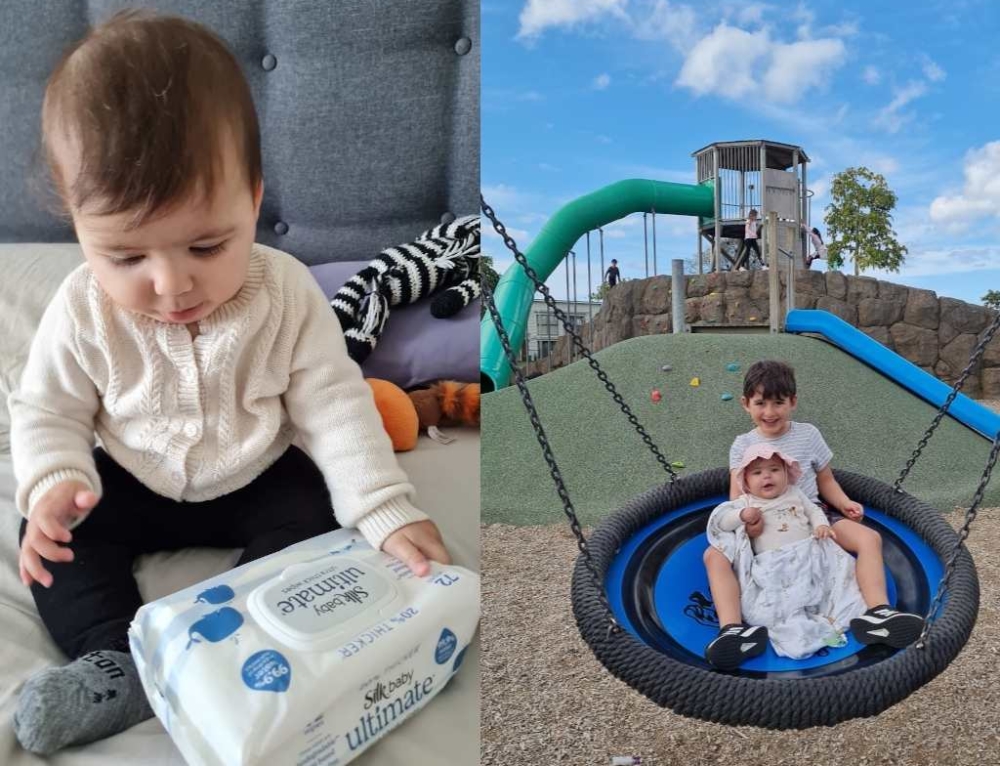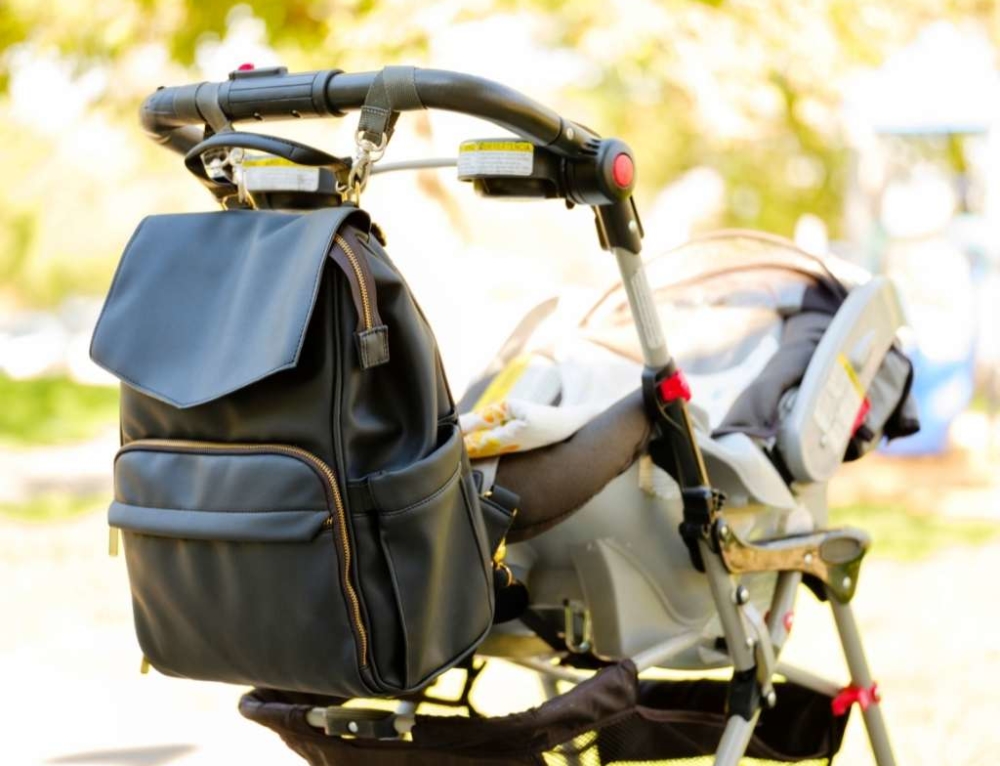When you’re in hospital, dazed and confused post-birth, it can be worrying to see doctors ‘testing’ your newborn. Don’t worry, we all go through it.
Within the first few hours and days of life, doctors will screen your baby for a range of disorders and illnesses. In most cases your baby is fine and you feel reassured in no time. In a very small minority, doctors may notice something unusual – in which case, they can work out very early what action, if anything, they need to take.
It’s important to note that screening tests don’t diagnose illnesses – they simply give doctors a ‘heads up’ that your baby may need further tests to rule out serious conditions. Newborn screening is an early intervention program that has proved extremely successful worldwide.
Here’s an idea of what to expect.
Apgar Score:
The Apgar scoring system assesses the condition of your baby at birth. She will be check at birth, at one minute and five minutes. Five physical characteristics are observed – skin colour, heartbeat, reflexes, muscle tone and breathing – and a score of 0-2 is given for each.
If your baby is born with an Apgar score of 0-3, active resuscitation begins immediately. If she has required resuscitation and the five-minue score is less than seven, the score is repeated at five-minute intervals until 20 minutes.
- A score of 7-10 is normal.
- 4-7 means some resuscitation is required.
- A score of 0-3 requires immediate resuscitation.
The test simply checks all your baby’s vital signs and helps your medical team decide whether assistance or treatment is required, at the time of birth, or later.
Heel prick (Guthrie) test:
How does it work?
- A midwife will collect a small sample of blood from your baby, somewhere around 48-72 hours after birth.
- The sample comes from a heel prick, which will not harm your baby (though she may experience some discomfort).
- They will collect the blood on a screening card and send it to a screening laboratory.
- The laboratory tests your baby’s sample for a range of different chemicals. Any abnormalities in levels of these chemicals will need to be investigated further.
- If your baby has a positive screening result, A health professional will contact you and refer you to a specialist if required.
What are they testing for?
Rare genetic disorders. Up to 30 conditions are tested, the main three being:
Amino Acid Disorders: (eg) Phenylketonuria (PKU): caused by missing enzymes that break down protein, this condition can result in developmental delay, intellectual impairment, muscle problems and seizures. Treated/managed through dietary modifications
Primary congenital hypothyroidism: (CH): caused by a thyroid gland that’s unable to produce thyroid hormones, this disorder can cause growth failure and intellectual impairment. Treated/managed through Thyroid hormone supplements
Cystic Fibrosis: caused by abnormal secretions in the body, particularly in the lungs and pancreas, CF can result in impaired digestive and respiratory function, infections and decreased life span. Treated/managed through dietary supplements and physiotherapy.
Your hospital may also test for other conditions, particularly if people in your local community have them. Check with your health professional for details on exactly which conditions will be screened.
Developmental Dysplasia of the Hip (DDH):
Usually checked for by a doctor immediately after birth (or in your baby’s first few days of life) and then repeated at six weeks.
How does it work? – Your baby will be placed on her back and her legs moved. The doctor is feeling and listening to each hip for signs of dislocation (you may have heard of ‘clicky’ hips?). Sometimes an X-ray or ultrasound will be used in the test. [
How common is it? – Around one in every 700 babies is affected. Babies at higher risk include those born after a breech presentation or where there is a history of DDH in the family.
Hearing test
This usually takes place in the first week, though it is not compulsory in all states. If your baby is not tested at birth, it can be done through your child health professional at one of your follow-up visits. Small sensor pads are placed on your baby’s head while she is quiet or asleep, and specific sounds are played into her ears through a soft ear tip or earphone.
Her responses are recorded.
With all the screening tests, you usually only hear of the results if there is a problem. If this is the case, you will be told immediately and given advice on what to do next. If your baby’s test results were not clear, she may be required to have further tests.







Leave A Comment
You must be logged in to post a comment.